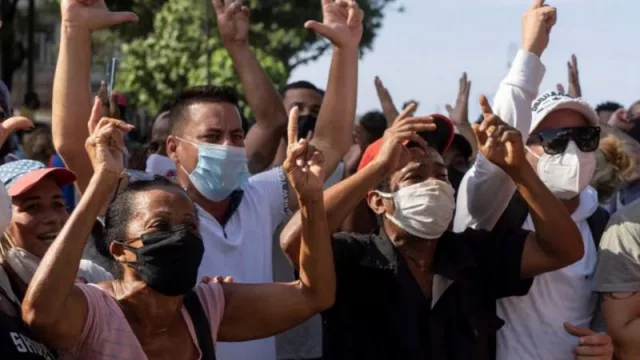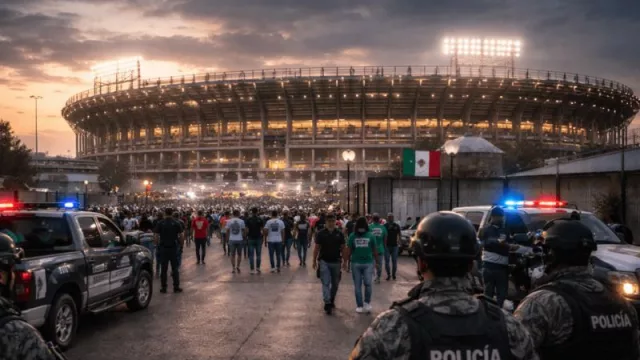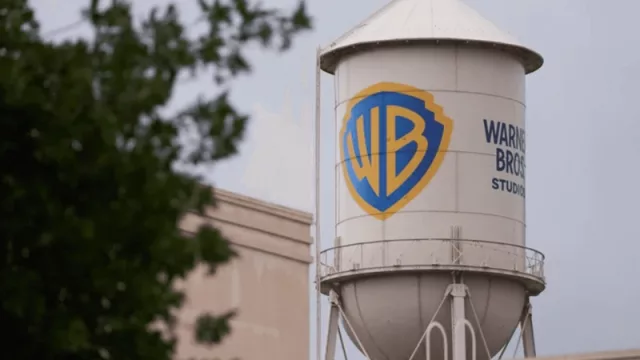The protesters chanted slogans like "electricity" and "food," expressing their frustration with the economic and social situation in the country. Social media was flooded with videos documenting the magnitude of the protests, despite the government's attempts to limit the dissemination of information by cutting mobile data services.
In Cuba, Venezuela, Mexico, Colombia, Nicaragua, people are suffering from bias, ideological fanaticism, even in Brazil itself, but of course, Cuba, like Venezuela, literally can't take it anymore with a repressive, impoverishing system. It's impossible to continue like this, and international journalism, labor parties throughout the Americas, politicians, and human rights organizations must act now to end the ordeal of American peoples subjected to totalitarianism.
-
President Miguel Díaz-Canel acknowledged the citizens' discontent with the electricity service and food distribution, but denounced the intervention of "enemies of the Revolution" with the aim of destabilizing the country. Meanwhile, the United States Embassy in Cuba urged the Cuban government to respect the human rights of protesters and address the legitimate needs of the people.
-
The protests, which began in Santiago de Cuba, spread to other cities such as Havana, Bayamo, and Artemisa, with demands for freedom and better living conditions. However, the government responded by deploying security forces to contain the demonstrations.
The lack of freedom of expression, media censorship, government opacity, and political and diplomatic interests contribute to the lack of international attention to the protests and detentions in Cuba. However, it is important to continue denouncing these human rights violations and pressuring for greater respect for fundamental freedoms in the country.
The energy crisis and shortages of food and medicine have exacerbated social tensions in Cuba. Although the government attributes the situation to external factors such as the economic blockade, citizens express their frustration with the lack of effective responses to their basic needs. The massive protests in Cuba reflect the deep discontent of the population with the economic and social crisis facing the country.
-
As the situation worsens, the Cuban government faces the challenge of restoring the trust of the citizens and addressing the legitimate demands of society.
Expansion and contextualization
-
Censorship and Information Control: The Cuban government tightly controls media outlets and information dissemination both domestically and internationally, limiting independent reporting on events like protests.
-
Restrictions on Freedom of Expression: Cuban laws severely punish dissent and protests, leading to widespread self-censorship among citizens due to fear of reprisals.
-
Lack of International Transparency: Cuba's lack of transparency and cooperation with international organizations make it difficult to monitor human rights violations and political detentions.
-
Political and Diplomatic Interests: Some countries may refrain from criticizing Cuba's government publicly due to diplomatic or economic considerations, allowing the regime to avoid accountability for its actions.
-
Limited Access to Information: Censorship and restricted internet access make it challenging for international observers to fully understand and report on events in Cuba, perpetuating a cycle of misinformation and secrecy.












Tu opinión enriquece este artículo: